The landscape of home technology has witnessed a transformative evolution, shifting from simple mechanical aids to sophisticated, interconnected systems. Today’s homes are not just shelters but are evolving into hubs of efficiency and sustainability. This evolution is primarily driven by groundbreaking technological advancements, making homes more efficient. This post delves into various technological innovations that are reshaping the concept of modern living. From smart thermostats to solar power integration, each section will explore how these advancements contribute to creating homes that are not only smarter but also more in tune with environmental sustainability.
Contents
Smart Thermostats

Smart thermostats have become a cornerstone in the pursuit of energy-efficient homes. These devices go beyond manual temperature adjustments, offering automated control based on user behavior and preferences. Unlike traditional thermostats, smart versions learn from your habits, adjusting the indoor climate for optimal comfort and energy savings. They also offer remote control capabilities, allowing homeowners to adjust settings via smartphones or voice commands. This level of convenience and control has not only improved home comfort but also significantly reduced energy consumption.
The impact of smart thermostats on home energy efficiency is profound. Studies show that these devices can save up to 10-12% on heating and about 15% on cooling costs annually. They achieve this by minimizing the use of HVAC systems when not needed, like during the day when the house is empty. Some models even integrate with local weather forecasts, adjusting temperatures to be more energy-efficient. The combination of user-friendly interfaces, learning algorithms, and integration with other smart home devices makes smart thermostats a key player in the modern, efficient home.
Energy-Efficient Appliances
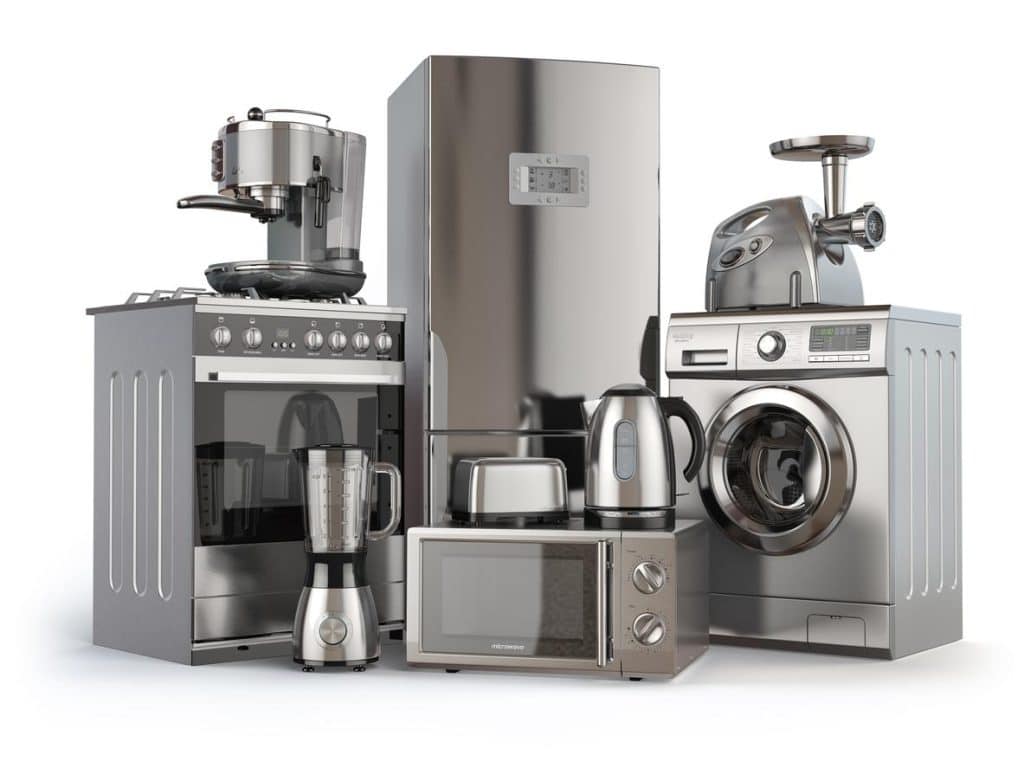
The shift towards energy-efficient appliances represents a significant leap in reducing home energy consumption. Modern refrigerators, washing machines, and dishwashers are designed to do more with less energy. These appliances are not just about conserving power; they also offer advanced features that enhance user convenience. For example, newer washing machine models use sensors to gauge the load size and adjust water usage accordingly, leading to considerable water and energy savings.
The benefits of using energy-efficient appliances extend beyond reduced utility bills. They play a crucial role in environmental conservation by lowering greenhouse gas emissions associated with power generation. The adoption of such appliances is supported by various government incentives and energy-saving programs, encouraging homeowners to make the switch. With continual advancements in technology, these appliances are becoming more accessible and affordable, making them an essential component in the modern, efficient home.
Home Automation Systems

Home automation systems have redefined convenience and efficiency in modern living spaces. These systems allow homeowners to control various aspects of their home, such as lighting, temperature, and security, from a single interface. This centralized control eliminates the need for multiple controls and remotes, streamlining home management. Furthermore, automation systems can be programmed to operate devices based on specific conditions, such as time of day or occupancy, enhancing both comfort and energy efficiency.
The integration of different home devices through automation systems not only provides convenience but also optimizes energy usage. For instance, lights can be set to turn off automatically when a room is unoccupied, and thermostats can adjust the temperature based on preset schedules. This level of automation ensures that energy is not wasted, translating into significant savings over time. Moreover, with advancements in AI and machine learning, these systems are becoming smarter, further enhancing their ability to manage home environments efficiently.
Solar Power Integration
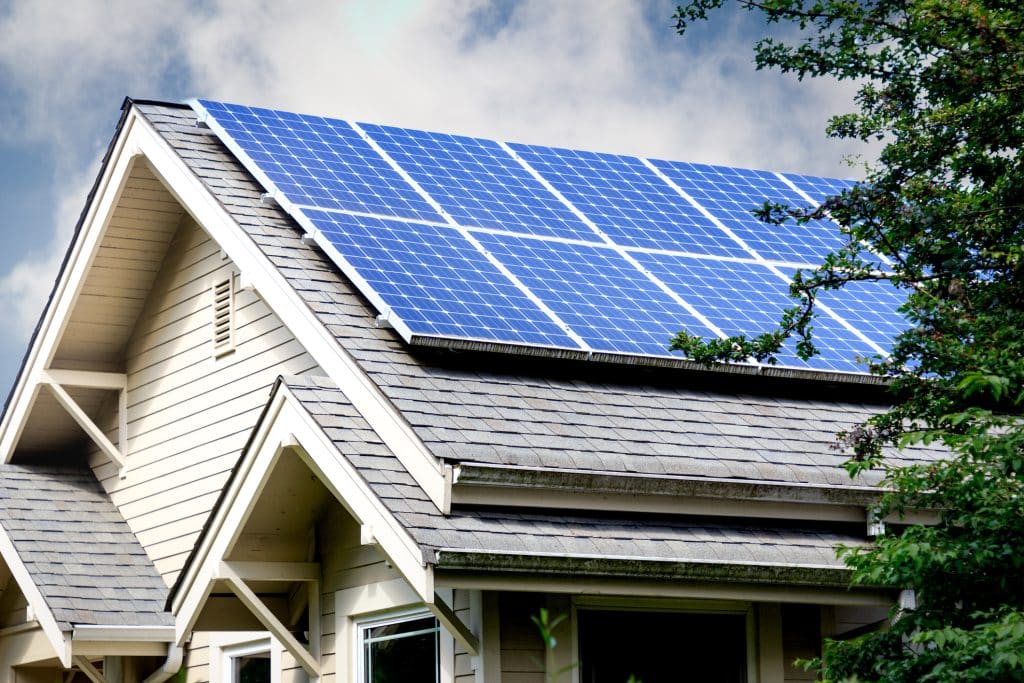
Integrating solar power into home energy systems marks a pivotal step towards sustainable living. Solar panels convert sunlight into electricity, offering a renewable alternative to traditional energy sources. This not only reduces dependence on non-renewable energy but also lowers utility bills. Modern solar systems are more efficient and aesthetically pleasing, blending seamlessly with the architecture of homes.
The long-term benefits of solar power integration are substantial. Beyond immediate electricity bill savings, solar power contributes to a reduction in carbon footprint, aligning with global efforts to combat climate change. Additionally, many regions offer incentives and rebates for solar panel installation, making it a financially viable option for homeowners. As technology advances, solar panels are becoming more efficient and affordable, further encouraging their adoption in residential settings.
Smart Lighting Solutions
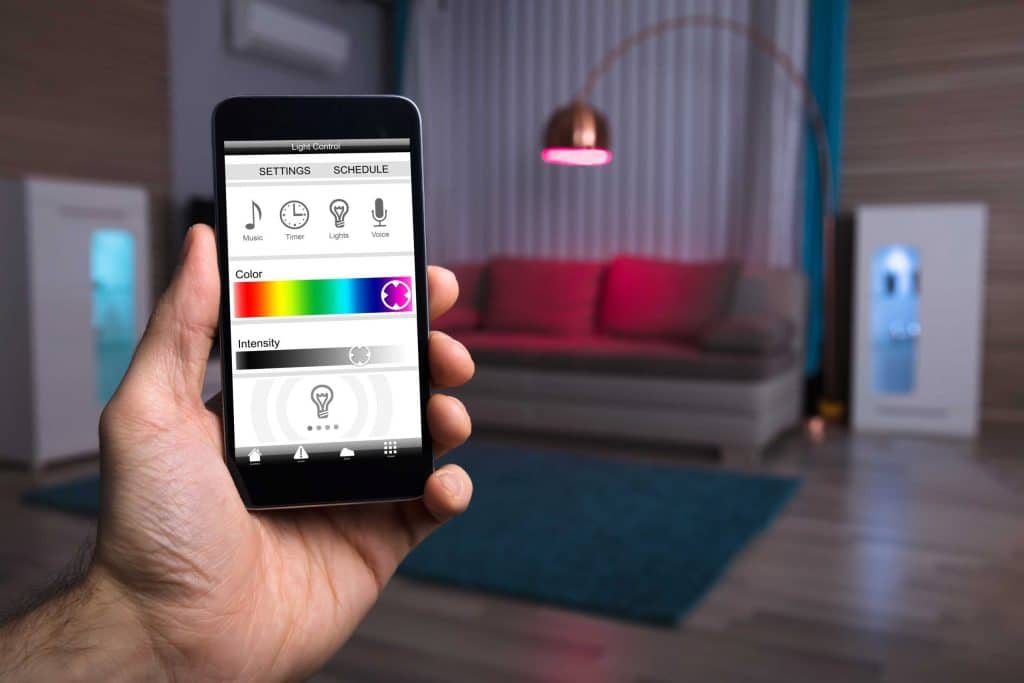
The advent of smart lighting has brought a new dimension to energy conservation in homes. Smart bulbs and lighting systems are more energy-efficient than traditional incandescent bulbs and offer customizable features like dimming and color change. These lights can be controlled remotely via smartphones or smart home systems, allowing users to adjust lighting based on their needs and presence, thereby avoiding unnecessary energy use. Additionally, smart lights often have longer lifespans, reducing the frequency of replacements and further contributing to environmental conservation.
Another significant advantage of smart lighting is its adaptability to user behavior. Many smart lighting systems come with motion sensors and ambient light detection, enabling them to adjust brightness automatically according to natural light availability or room occupancy. This feature ensures that lights are used optimally, maximizing energy savings. The integration of smart lighting with other home automation systems can create scenarios where lighting complements other functions, like security or entertainment, enhancing both the efficiency and comfort of modern homes.
Water-Saving Technologies
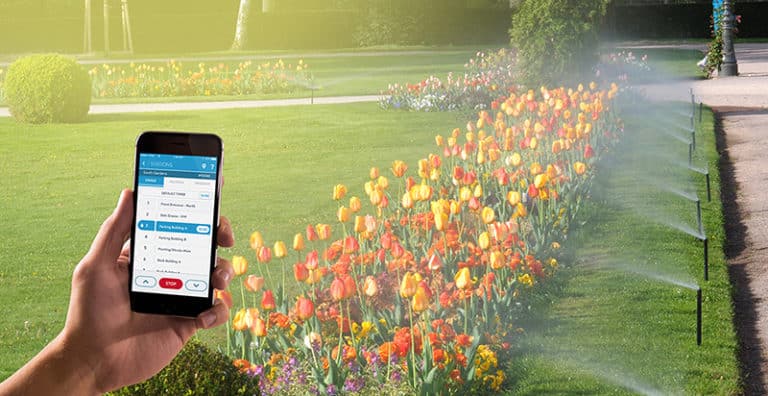
Water conservation is a critical aspect of home efficiency, and technological innovations are playing a significant role in this area. Low-flow fixtures, such as showerheads and faucets, reduce water usage without compromising performance. Smart irrigation systems for gardens and lawns optimize water usage by adjusting to weather conditions and soil moisture levels. These technologies not only help in conserving a precious resource but also lead to substantial savings on water bills.
In addition to low-flow fixtures and smart irrigation, advanced water heaters and filtration systems contribute to water efficiency in homes. Tankless water heaters, for example, provide hot water on demand, eliminating the need to store and continually heat water, thus saving energy. Smart water filtration systems ensure water purity and efficiency in usage. These advancements, coupled with homeowner awareness and conservation practices, are essential for sustainable water management in residential settings.
Insulation and Building Materials

The role of insulation and building materials in home efficiency cannot be overstated. Effective insulation reduces the need for excessive heating and cooling, leading to significant energy savings. Modern building materials, such as energy-efficient windows and green roofing, also contribute to maintaining a stable indoor temperature. These materials are designed not only for insulation but also for durability, reducing the need for frequent replacements and repairs.
Recent advancements in building technology include eco-friendly materials that are both sustainable and energy-efficient. For instance, materials like aerogel insulation and cool roofing reflect sunlight and heat, keeping homes cooler in summer. The use of recycled and sustainable materials in construction is also on the rise, reducing the environmental impact of building new homes. These developments are crucial for constructing homes that are not just efficient in the short term but sustainable in the long run.
Integration of IoT Devices
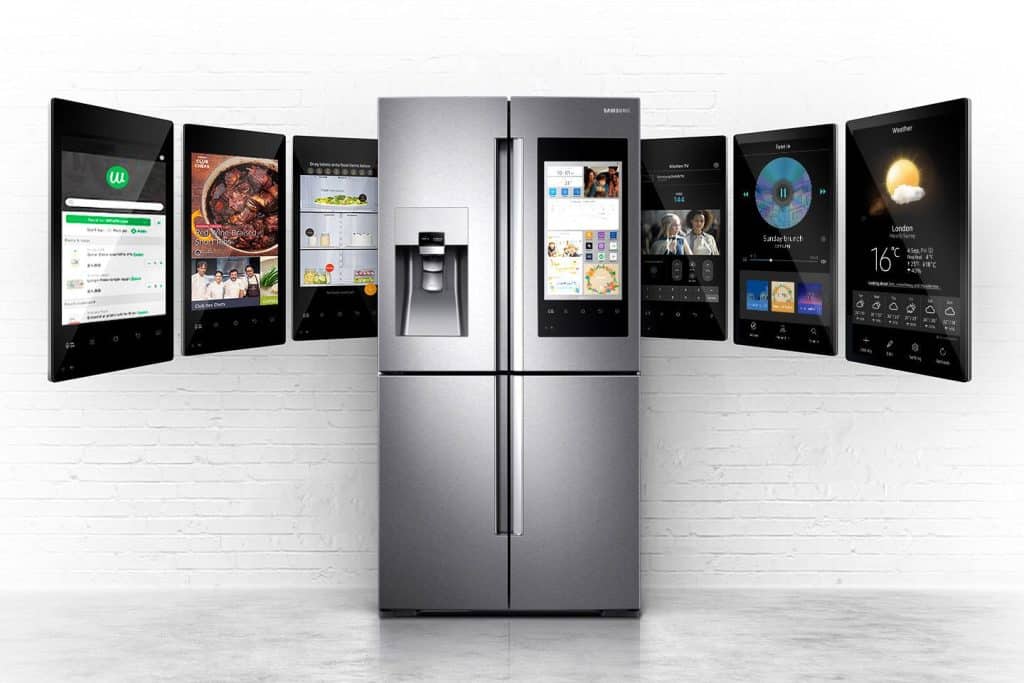
The integration of Internet of Things (IoT) devices is transforming homes into connected ecosystems. IoT devices range from smart refrigerators to health-monitoring systems, all interconnected and accessible through a centralized platform. This connectivity allows for real-time monitoring and control, enhancing both the efficiency and security of the home. For instance, a smart refrigerator can track food inventory and expiration dates, reducing waste and promoting efficient grocery shopping.
The benefits of a connected home ecosystem extend to energy management and predictive maintenance. IoT devices can monitor energy usage patterns, identifying areas where efficiency can be improved. Predictive maintenance, facilitated by IoT, can alert homeowners to potential issues with appliances or systems before they escalate, preventing costly repairs and promoting longevity. This level of integration and intelligence in home devices represents the future of home efficiency, where every aspect of home living is optimized for sustainability and convenience.
Step Into the Future with Smart Home Efficiency
In the journey towards more efficient and sustainable living, the integration of advanced technology in homes is not just a trend but a necessity. By adopting smart thermostats, energy-efficient appliances, and embracing innovations like solar power and IoT, homeowners can significantly reduce their environmental footprint while enjoying enhanced comfort and convenience. It’s time to embrace these technologies and make a conscious effort toward building a more efficient, eco-friendly home. Let’s take this step towards a greener, more sustainable future, starting within your own homes.